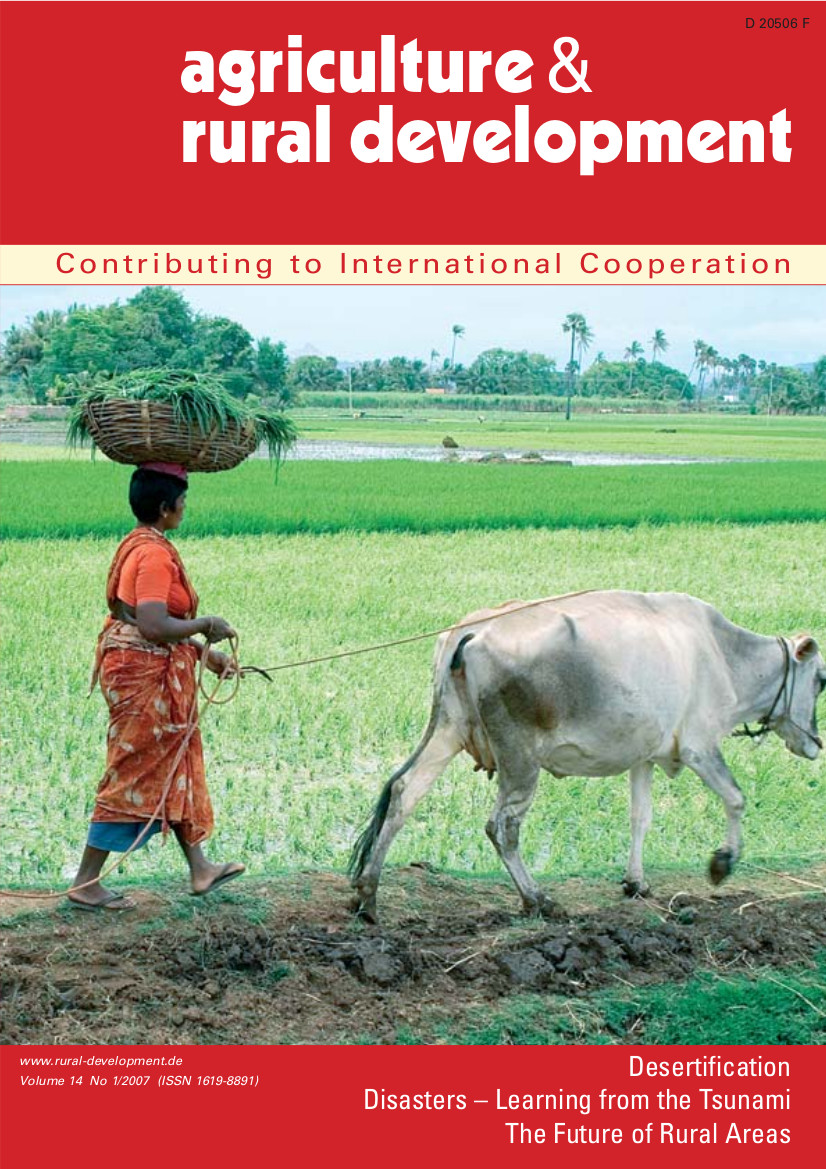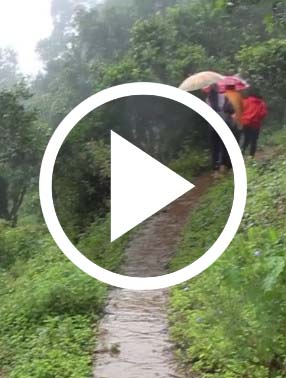Global trends and the future of rural areas
Rural areas are not exempted from the impacts of globalisation. Global trends affecting agriculture are particularly significant in this respect. A number of options are available to developing countries in responding to these trends. Given the scarcity of resources it is important that they choose carefully. If they fail to respond, rural areas will become even more marginalized than they are already.









